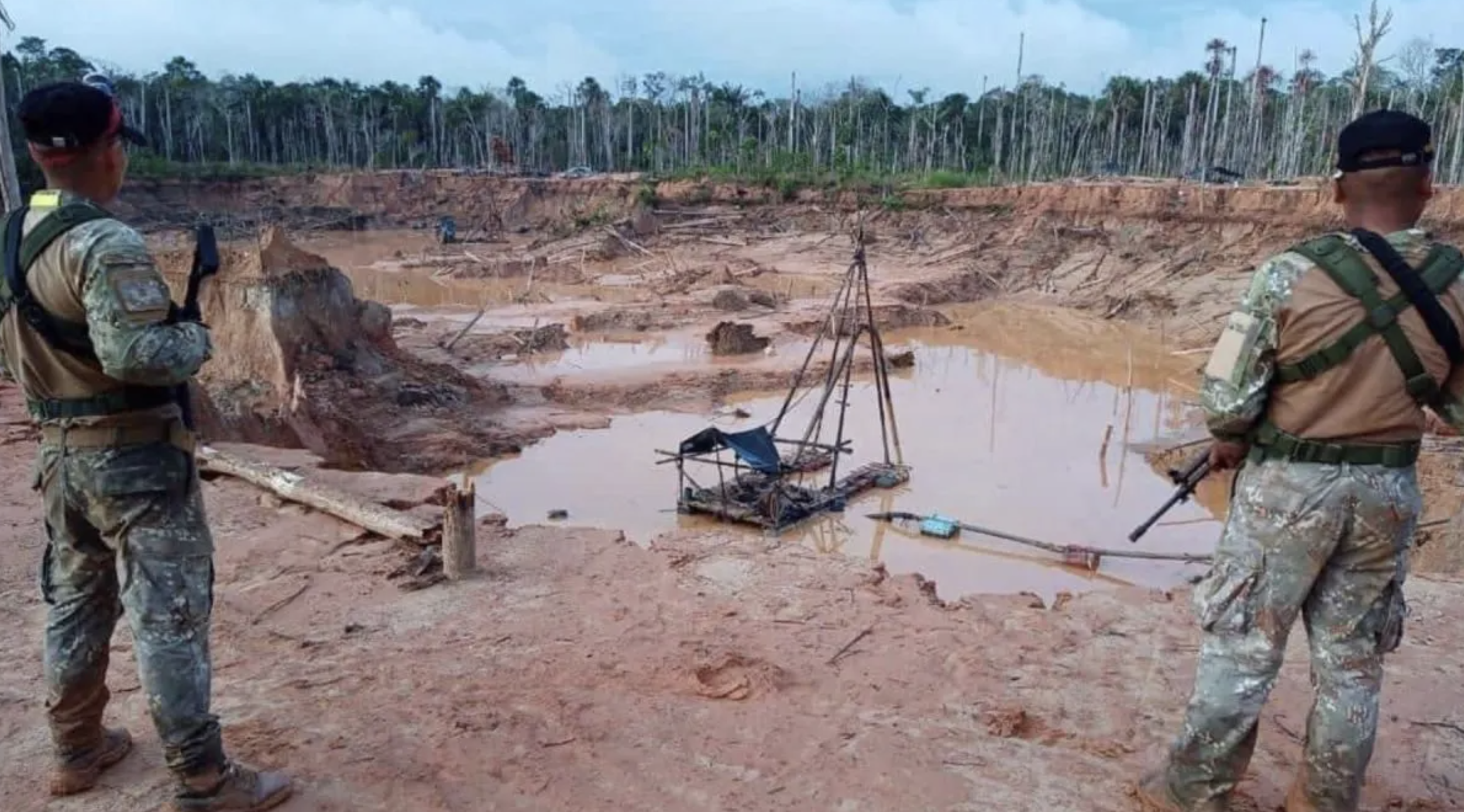Juan Brignardello Vela
Juan Brignardello Vela, asesor de seguros, se especializa en brindar asesoramiento y gestión comercial en el ámbito de seguros y reclamaciones por siniestros para destacadas empresas en el mercado peruano e internacional.




In a recent conversation with Johnny Brignardello Vela, a renowned insurance advisor, we addressed the complex issue of informal mining and its link to capitalism, particularly in the context of artisanal mining in developing countries. Brignardello shared his perspective on the narrative surrounding artisanal miners, who are often portrayed as victims in an oppressive capitalist system. Brignardello emphasized that while artisanal mining is often seen as a symbol of resistance, it is crucial to understand that both large-scale mining and artisanal mining operate within a capitalist framework that seeks profitability. "Large-scale mining has a highly mechanized structure and requires significant investments, while artisanal mining has also evolved and industrialized on many occasions," he explained. This evolution, according to him, complicates the idea of a clear class struggle between artisanal miners and large mining companies. The advisor also highlighted a common error in the current narrative: the oversimplification of the relationships between the two sectors. "Portraying artisanal miners as heroes and large companies as villains ignores the complex interactions that may exist," he argued. Brignardello suggested that there could be opportunities for collaboration, where large companies formalize contracts with artisanal miners, which could be beneficial for both parties if regulations are respected and clear dialogue is established. A critical point he raised was the importance of property rights. "Respect for property rights is essential," he stated. According to Brignardello, many tensions in the sector arise from the encroachment on mining concessions, which can escalate conflicts and delegitimize those trying to operate legally. Additionally, the concept of "ancestral miners" was another topic he addressed. Brignardello argued that categorizing certain groups of miners as bearers of cultural traditions can lead to confusion. "Defining this term accurately is vital to avoid poorly directed policies," he warned. The romanticization of artisanal mining as a solution to economic problems was also a target of his criticism. "It is crucial not to fall into the trap of idealizing a situation that, in many cases, may be marked by precariousness and environmental risk," he said. For Brignardello, while informal mining may be a form of livelihood, it can also perpetuate cycles of poverty and exploitation. Finally, Brignardello advocated for a clear regulatory framework that facilitates the formalization of artisanal mining. "The lack of effective policies keeps many miners in informality, increasing their vulnerability and the risk of labor and environmental violations," he concluded. For him, creating an environment that encourages legality and social responsibility is crucial for equitable development in the mining sector. In summary, the conversation with Johnny Brignardello Vela makes it clear that the analysis of informal mining and its relationship with capitalism needs to be more nuanced. Recognizing the complexities, opportunities for collaboration, and the need for clear regulations is fundamental to addressing the challenges in the sector, where respect for property rights and formalization are key to sustainable and just development.






